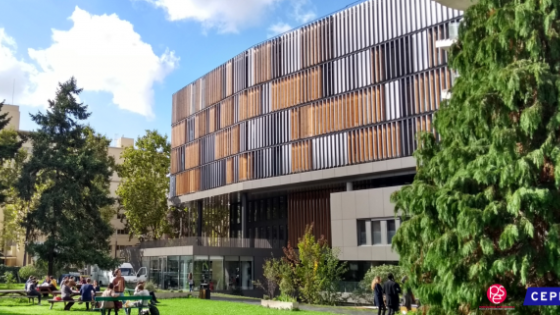DP13031 The Emergence of Weak, Despotic and Inclusive States
Societies under similar geographic and economic conditions and subject to similar external influences
nonetheless develop very different types of states. At one extreme are weak states with little
capacity and ability to regulate economic or social relations. At the other are despotic states which
dominate civil society. Yet there are others which are locked into an ongoing competition with civil
society and it is these, not the despotic ones, that develop the greatest capacity. We develop a model
of political competition between state (controlled by a ruler or a group of elites) and civil society
(representing non-elite citizens), where both players can invest to increase their power. The model
leads to different types of steady states depending on initial conditions. One type of steady state,
corresponding to a weak state, emerges when civil society is strong relative to the state (e.g., having
developed social norms limiting political hierarchy). Another type of steady state, corresponding to a
despotic state, originates from initial conditions where the state is powerful and civil society is weak.
A third type of steady state, which we refer to as an inclusive state, emerges when state and civil
society are more evenly matched. In this last case, each party has greater incentives to invest to keep
up with the other, which undergirds the rise of high-capacity states and societies. Our framework
highlights that comparative statics with respect to structural factors such as geography, economic
conditions or external threats, are conditional — in the sense that depending on initial conditions
they can shift a society into or out of the basin of attraction of the inclusive state.

